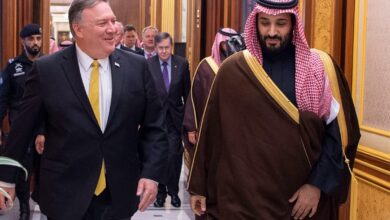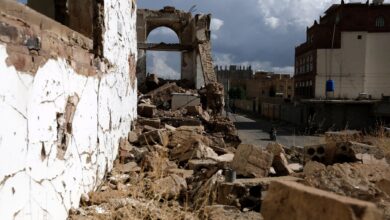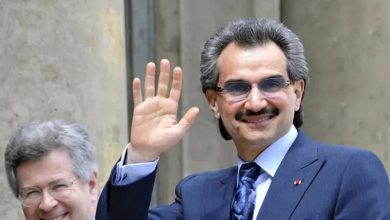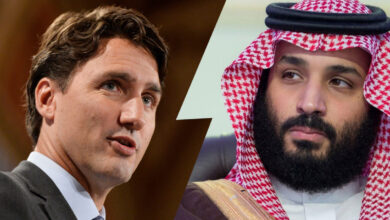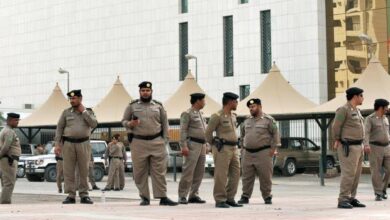Mohammed bin Salman obsessed with power and a corrupt tyrant dictator
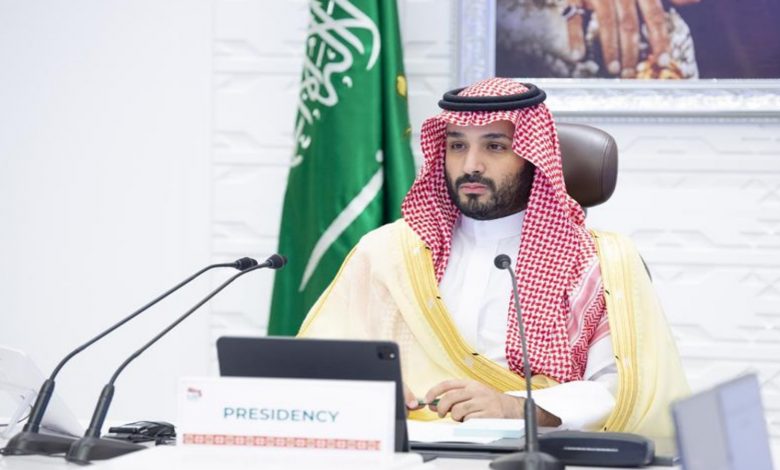
Over the years of his rule and assuming power in the Kingdom, Crown Prince Mohammed bin Salman has proven nothing more than that he is obsessed with power and a corrupt dictator who perpetuates tyranny and fights any political participation with others.
Mohammed bin Salman, known for his repressive and reckless rule, has seized 37 official positions, consolidating the severity of his authoritarianism and dictatorial approach, as well as his constant quest to monopolize power.
Observers describe the years of rule of King Salman bin Abdulaziz and his son, Muhammad, from 2015 until now, as the most difficult for the Kingdom since its founding.
The Kingdom’s status has declined over the past years due to its military war on its neighbour, Yemen, and the killing of opposition journalist Jamal Khashoggi.
Observers attribute the Kingdom’s decline regionally and the escalation of widespread anger in the Saudi street to the failed administration of the Crown Prince, who controls 37 high-ranking positions.
The most prominent official positions of Muhammad bin Salman are Crown Prince, Minister of Defense, Deputy Prime Minister, Chairman of the Political and Security Affairs Council, and Chairman of the Board of Directors of the Saudi Investment Fund.
He is also Chairman of the Council of Economic and Development Affairs, National Development Fund, Chairman of the Board of Directors of the Royal Commission for Al-Ula Governorate, and Chairman of the Board of Directors of the Royal Commission for the Holy City of Makkah.
He also holds positions of Chairman of the Board of Directors of the Royal Commission for Riyadh City, Chairman of the Board of Directors of the Diriyah Gate Development Authority, Chairman of the Board of Directors of the Saudi Authority for Data and Artificial Intelligence.
In addition to the presidency of the Board of Directors of the Economic Cities Authority, the general supervisor of the Camel Club, the general supervisor of the Falcons Club, the committee of major projects, the head of the supreme authority of the control and anti-corruption authority and the head of the supreme council of the Aramco oil company.
In parallel, the history of bin Salman before taking office shows that he was known for his moral, financial and criminal corruption. After his monopoly on positions, nothing changed except that his criminality became under an official cover.
Bin Salman has extensive corruption files regarding the Yemen war, armament and robbery on state lands, in addition to his suspicious relationship with the Crown Prince of Abu Dhabi, the de facto ruler of the UAE, Mohammed bin Zayed, before and after assuming the position.
During the era of Mohammed bin Salman and his father, the king, political exclusion was enshrined as the only means of governance in the Kingdom, which ranks last on the Gulf level in the political participation index.
The Gulf House for Studies and Publishing, which conducted a specialized survey a few months ago, said that Saudi Arabia scored only 227 out of a thousand points in the political participation index, ranking last in the Gulf.
According to the index, Saudi Arabia advanced in 6 measures: (general elections), (civil society institutions), (gender balance and youth engagement), (transparency), (freedom of opinion and expression) and (foreign communities), despite that, it continued to lag behind most of them.
The Kingdom remained with a score of “zero” in the scale (political organizations) and low scores in the scales (constitutional life) and (transparency), and it continued to rank medium in the scale (access to leadership and sensitive positions), where it ranked fourth.
The index stressed the Saudi need to expand frameworks for political participation and decision-making, especially strengthening and expanding the powers of elected councils, improving election laws, promoting equal citizenship, and ensuring freedom of opinion and expression and the safety of individuals engaged in political work.
Saudi Arabia recorded disappointing results in allowing the formation of political organizations and ensuring the right to political action and the safety of practitioners.

